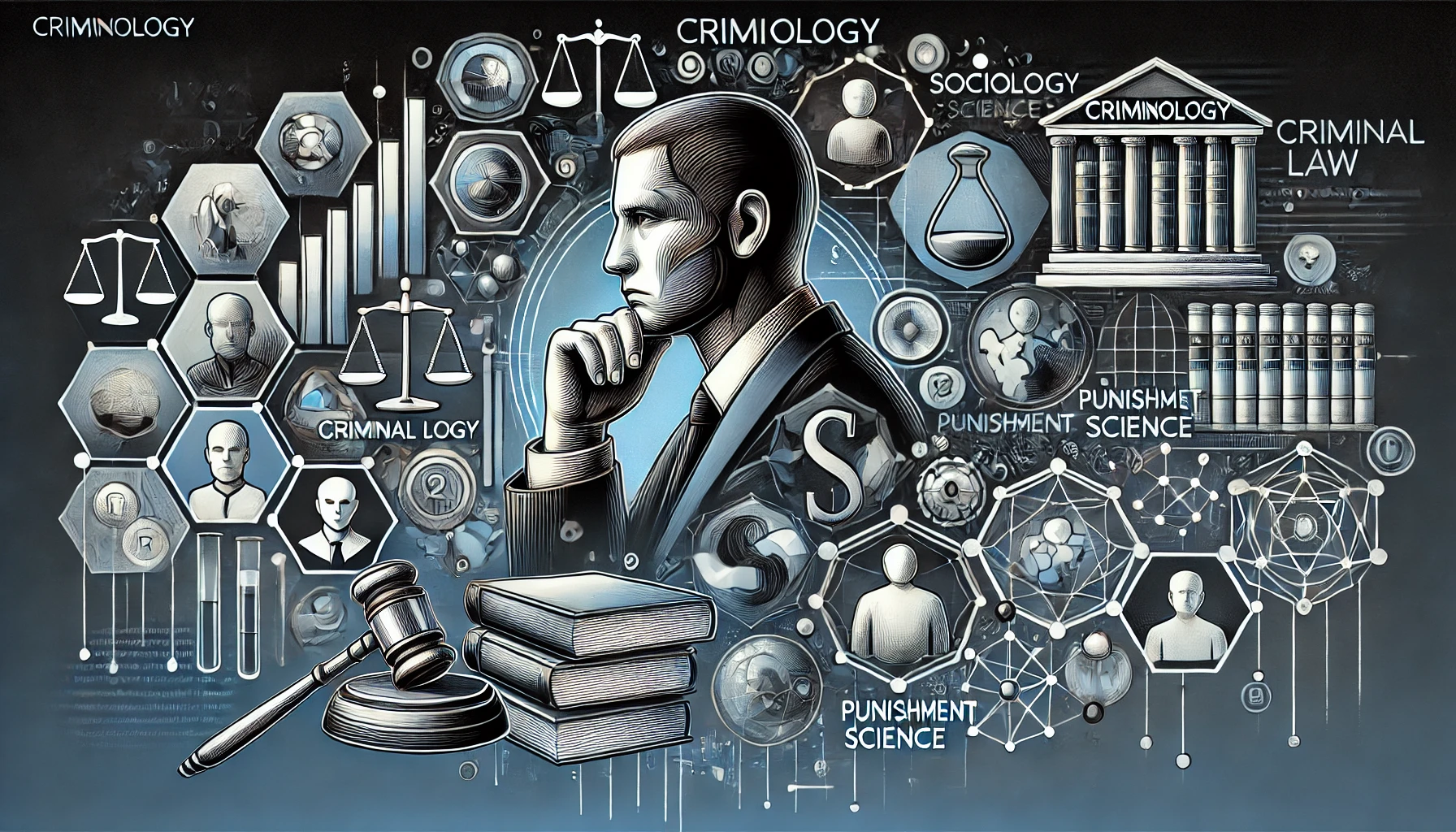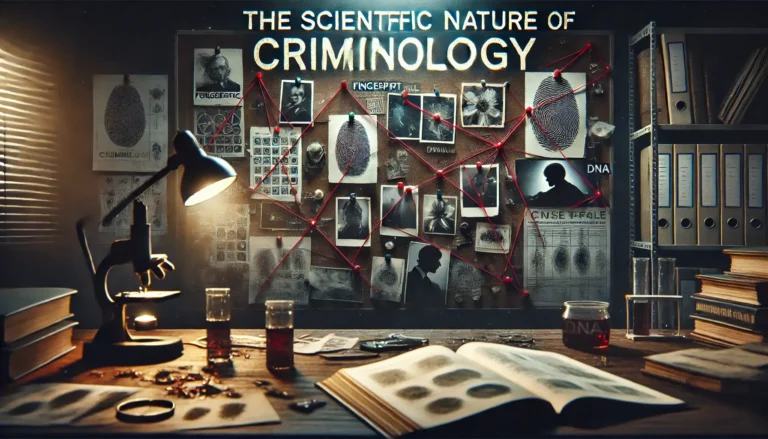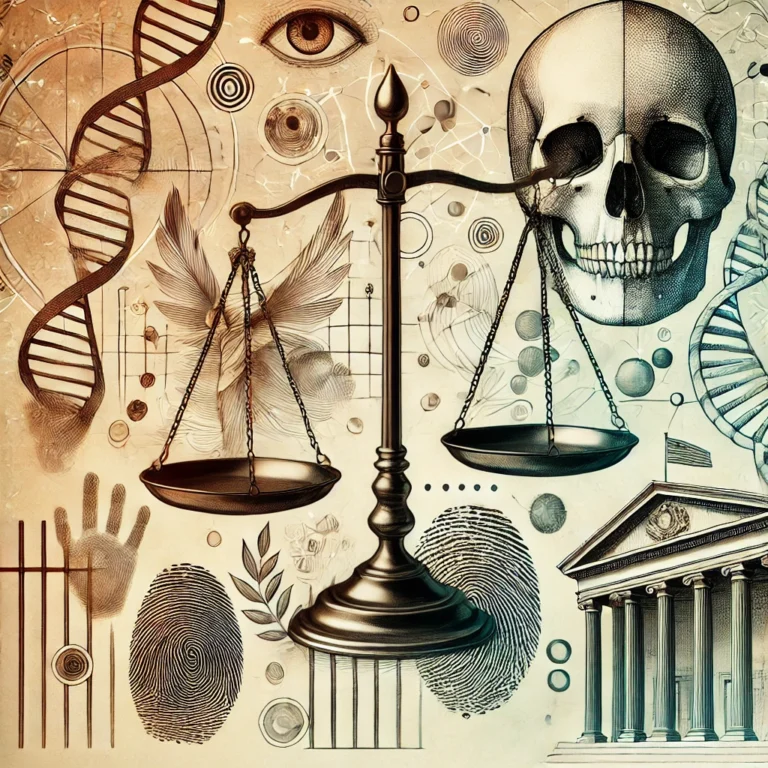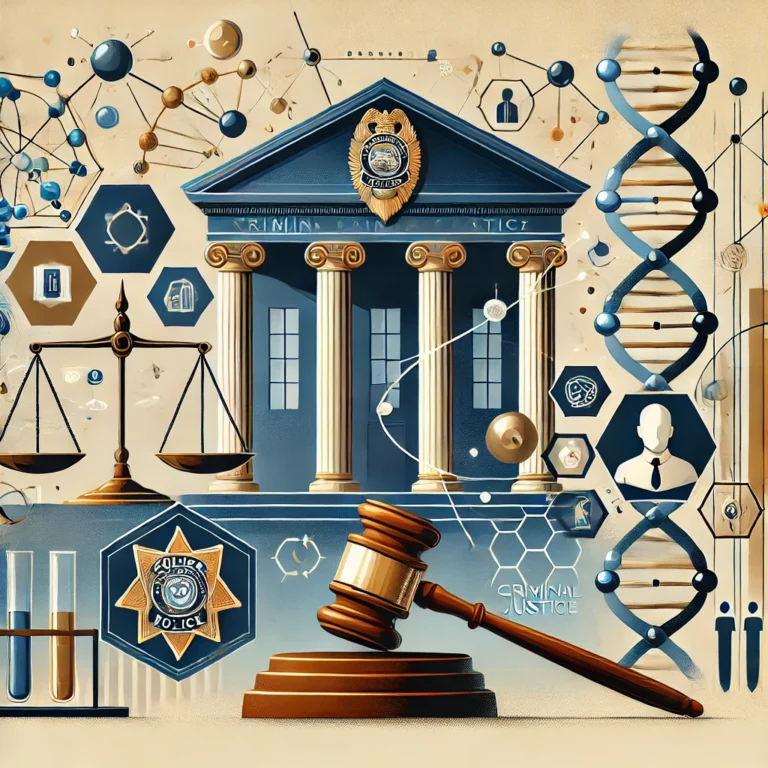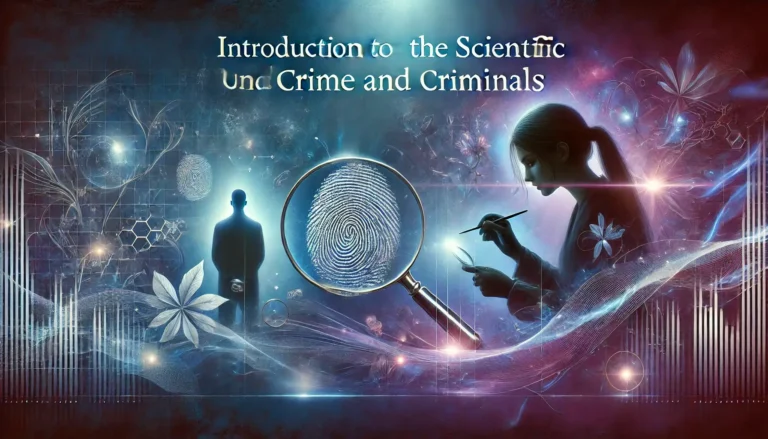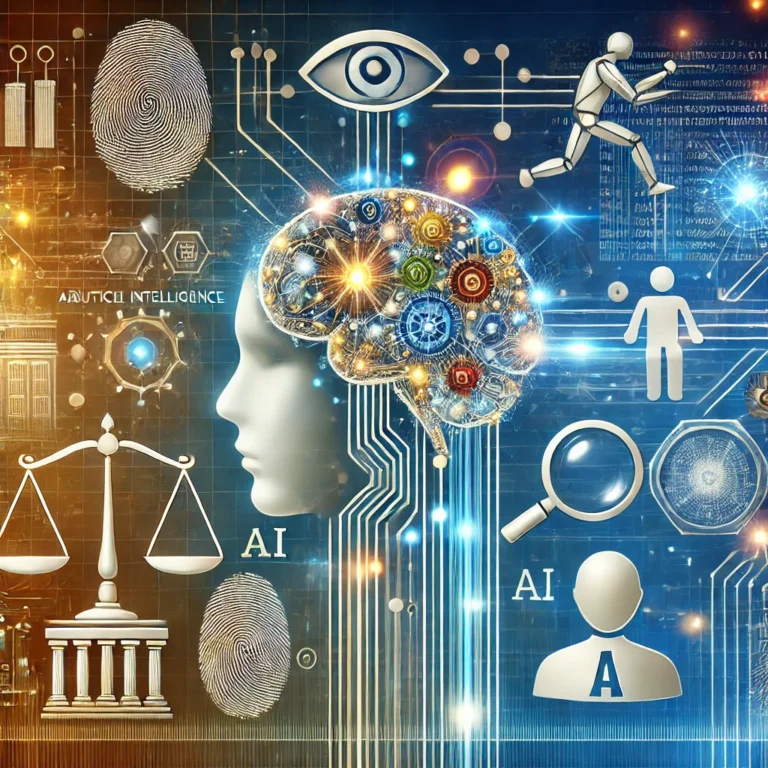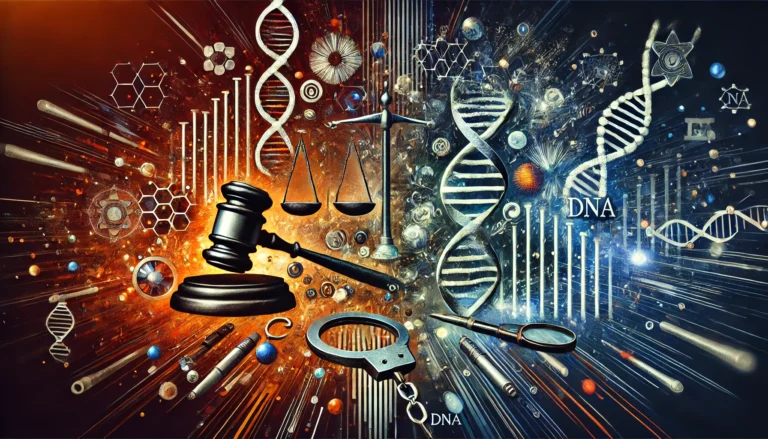The relationship of criminology to other sciences | criminal policy and others
Introduction
Criminology is the scientific study of crime, criminal behavior, and its impact on individuals and societies. This discipline explores the causes and motivations behind criminal acts, as well as their psychological, social, and legal dimensions. It also examines ways to prevent and address crime through laws and various penalties. The relationship between criminology and other sciences is a vital topic that contributes to a deeper scientific understanding of crime and provides practical solutions for combating it.
Criminology is closely related to several fields, including criminology, criminal law, criminal policy, psychology, sociology, and law. Each of these disciplines offers a unique perspective on crime and complements criminology in developing comprehensive approaches to understanding and addressing criminal behavior.
This article aims to explore the connections between criminology and other sciences, examining how each discipline influences crime prevention, understanding criminal behavior, and developing effective criminal justice policies.
1. Criminology and the Science of Punishment
The science of punishment is the study of penalties imposed on individuals who commit crimes. This field explores all aspects of punishment, including its types, objectives, methods of implementation, and its psychological and social effects on offenders. Criminology is deeply intertwined with the science of punishment in many ways.
The Connection Between Criminology and the Science of Punishment:
Criminology helps provide a deep understanding of the nature of crime and criminal behavior, which informs the development of appropriate penalties for different types of crimes. A scientific understanding of crime also aids in the creation of punishment policies that focus on rehabilitation and reform rather than retribution. Through criminology research, experts can determine which forms of punishment are most effective in preventing repeat offenses and reintegrating offenders into society.
The Evolution of Punishments Throughout History:
Since ancient times, punishments have often been harsh and, in some cases, unjust. However, with the development of criminology, society began to view punishments as a means of rehabilitating offenders rather than simply seeking vengeance. Today, criminological studies focus on the effectiveness and potential side effects of punishments, with an emphasis on improving justice policies.
By examining criminal behavior through criminology, experts can identify the most effective penalties for achieving justice objectives such as deterrence, rehabilitation, and reintegration into society. For example, long-term imprisonment may be ineffective for some offenders, while psychological treatment or rehabilitation programs may be more successful in preventing re-offending.
2. Criminology and Criminal Policy
Criminal policy refers to the set of principles and rules guiding how the state addresses crime and how to manage its prevention and punishment. Criminal policy includes strategies and measures that determine penalties, preventive measures, and the methods used to deal with offenders and society as a whole.
The Role of Criminology in Shaping Criminal Policy:
Criminology contributes to the development of criminal policy by providing accurate data and research on the causes and dynamics of crime. These studies allow policymakers to make informed decisions on how to handle offenders and develop preventative strategies to reduce crime.
Criminology helps evaluate the effectiveness of current criminal justice practices and policies, suggesting modifications based on social, economic, and psychological changes that affect crime patterns. For example, the rise of cybercrime has necessitated the development of new criminal policies informed by criminological research.
The Impact of Criminal Policies on Crime Prevention:
Through the close relationship between criminology and criminal policy, effective crime prevention strategies can be developed. These strategies may include raising awareness about the dangers of crime, improving social and economic conditions that contribute to criminal behavior, and reviewing punitive systems to enhance their deterrent effects. Social monitoring programs, such as rehabilitation and electronic surveillance, may also be improved.
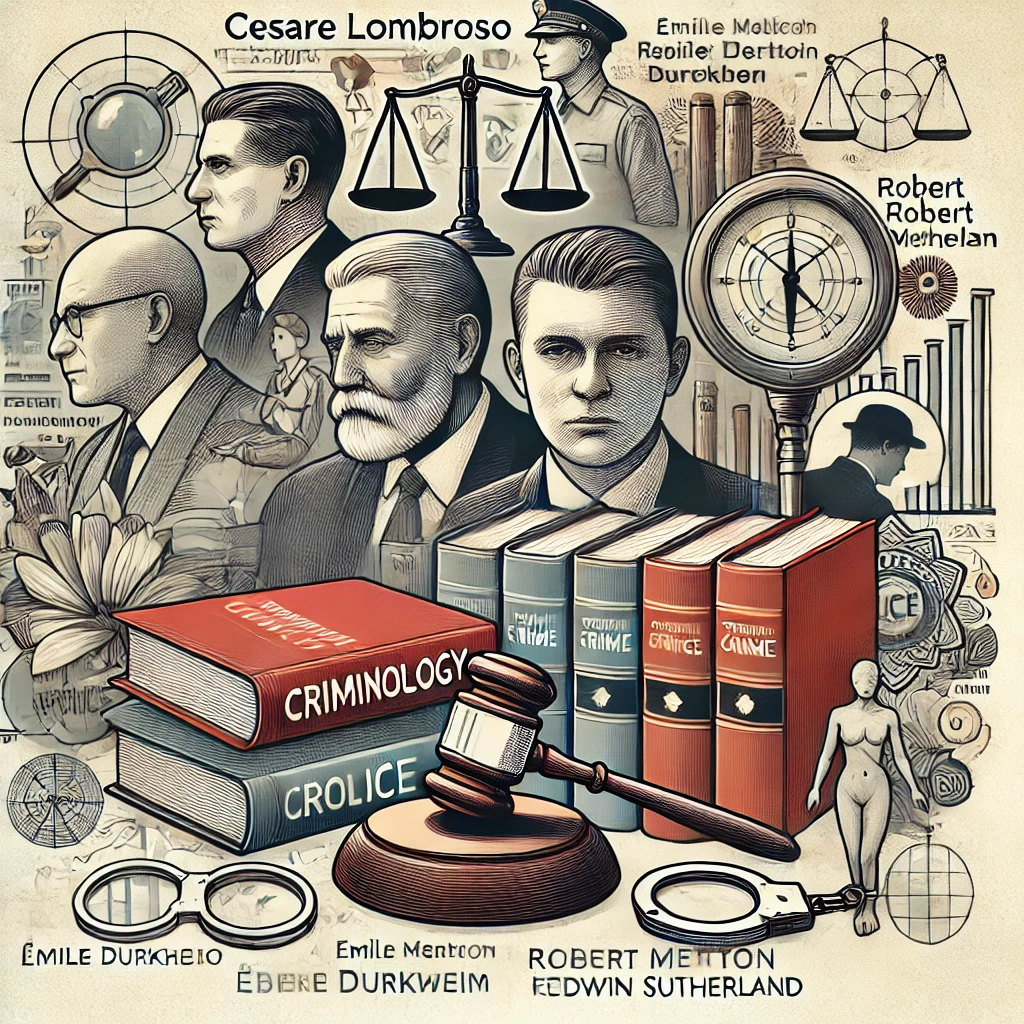
3. Criminology and Sociology
Sociology is the study of society, its structures, and the relationships between individuals. Criminology and sociology share many common themes and concepts, as both disciplines examine how social factors contribute to criminal behavior.
The Interaction Between Criminology and Sociology:
Sociology focuses on the impact of social conditions such as poverty, education, unemployment, and family problems on criminal behavior. By collaborating, criminologists and sociologists can study how these social factors influence individuals and whether they encourage criminal activities.
The Role of Sociology in Explaining Crime:
Sociology helps explain the causes of crime by analyzing the social environment in which individuals are raised. For example, sociologists can identify how communities’ socio-economic conditions influence behavior and highlight strategies to reduce social inequality, which may contribute to criminal activity.
4. Criminology and Psychology
Psychology is the study of the human mind and behavior. Criminology is closely related to psychology, as psychology helps explain the mental motivations behind criminal behavior.
The Relationship Between Criminology and Psychology:
Criminal psychology is a sub field of psychology that focuses on understanding the mental and behavioral patterns that lead to criminal acts. This branch helps criminologists understand why certain individuals commit specific crimes and provides valuable insight into the criminal mind.
Psychological Analysis of Crime:
By studying the mind and behavior, psychology helps criminologists understand why individuals commit certain types of crimes. Psychological factors such as a desire for revenge, mental disorders, or past trauma may all influence criminal behavior. Psychology can also aid in the treatment of offenders with mental health issues and guide prevention strategies.
5. Criminology and Law
Law is the science that studies legal systems, including criminal law and its punishments. Criminology forms the foundation of criminal law, as it examines what constitutes a crime, how crimes should be punished, and the rights and duties of offenders.
The Role of Criminology in Developing Criminal Law:
Criminology contributes to the development and modification of criminal laws by providing a deeper understanding of crime and its causes. Criminal laws must adapt to social, psychological, and behavioral changes, and criminology ensures that they remain relevant and effective in combating crime. Criminologists provide valuable legal advice that helps improve the judicial system.
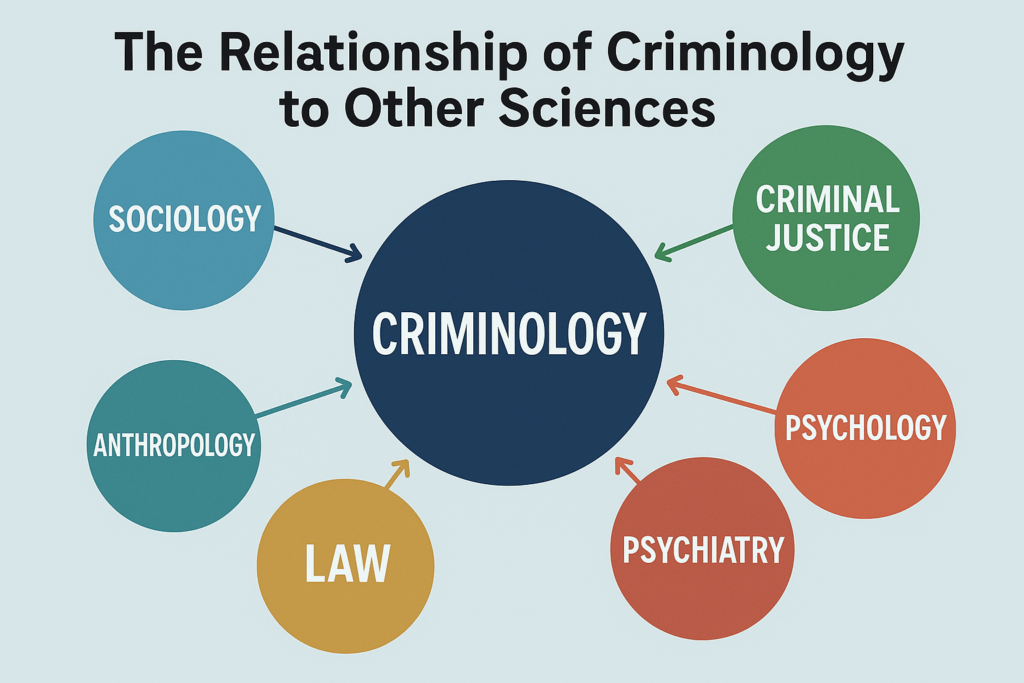
Conclusion
The relationship between criminology and other fields such as punishment science, criminal policy, sociology, psychology, and law plays a crucial role in developing effective strategies to combat crime and understand its causes. Through these interconnected disciplines, we can achieve better outcomes in addressing crime, ensuring justice, and rehabilitating offenders.

